Presenters & Panelists for the 2024 Elon Law Review Symposium
About Our 2024 Presenters & Panelists
***
 Sonia Canzater
Sonia Canzater
Sonia Canzater (she/her/ella) is an associate director at the O’Neill Institute for National and Global Health Law at Georgetown University Law Center. She directs the Institute’s Hepatitis Policy Project, which focuses on national viral hepatitis law and policy issues, and works on the Institute’s Reproductive Justice projects that conduct law and policy research in support of the health and well-being of women, children, the LGBTQ+ community, as well as their families and communities. Canzater is also an adjunct professor of law at the Law Center, teaching the Health Equity and Social Justice Seminar, a course she developed, and which is one of only a few such courses focused on examining the historical constructs that precipitated health inequities in the United States currently offered at any U.S. law school. She has a Juris Doctor and Master of Public Health from the University of South Carolina, and a bachelor’s degree in anthropology from Temple University.
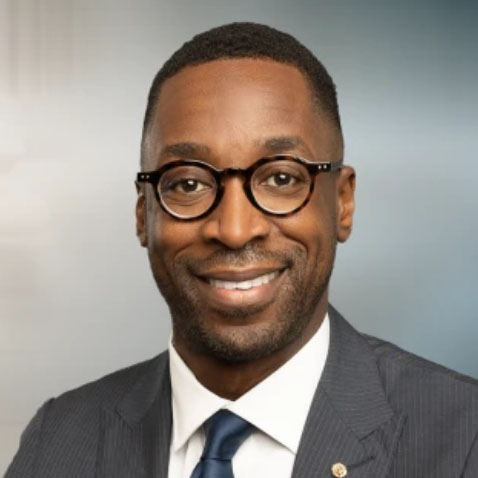 Tola Familoni
Tola Familoni
Tola Familoni litigates for the surviving families of three soldiers in a case alleging negligence on the part of numerous contractors in a deadly Black Hawk crash at Hunter Army Airfield. The case alleges that an improperly torqued spanner nut and a missing cotter pin resulted in the loss of tail rotor authority and the resulting crash of the helicopter.
Previously, Familoni represented consumers who allege Johnson & Johnson’s talc-based baby powder caused their cancer. He represented the City of Chicago in litigation alleging e-cigarette maker JUUL misled the public on the safety of its products while marketing to children. Tola was also a part of Motley Rice’s team of attorneys representing dozens of governmental entities, including states, cities, towns, counties, and townships in litigation against several pharmaceutical drug manufacturers and distributors for the alleged deceptive marketing of highly addictive opioids.
Before joining Motley Rice, Familoni worked for several years as an Assistant Public Defender in Charleston County, S.C., where he tried multiple cases to verdict.
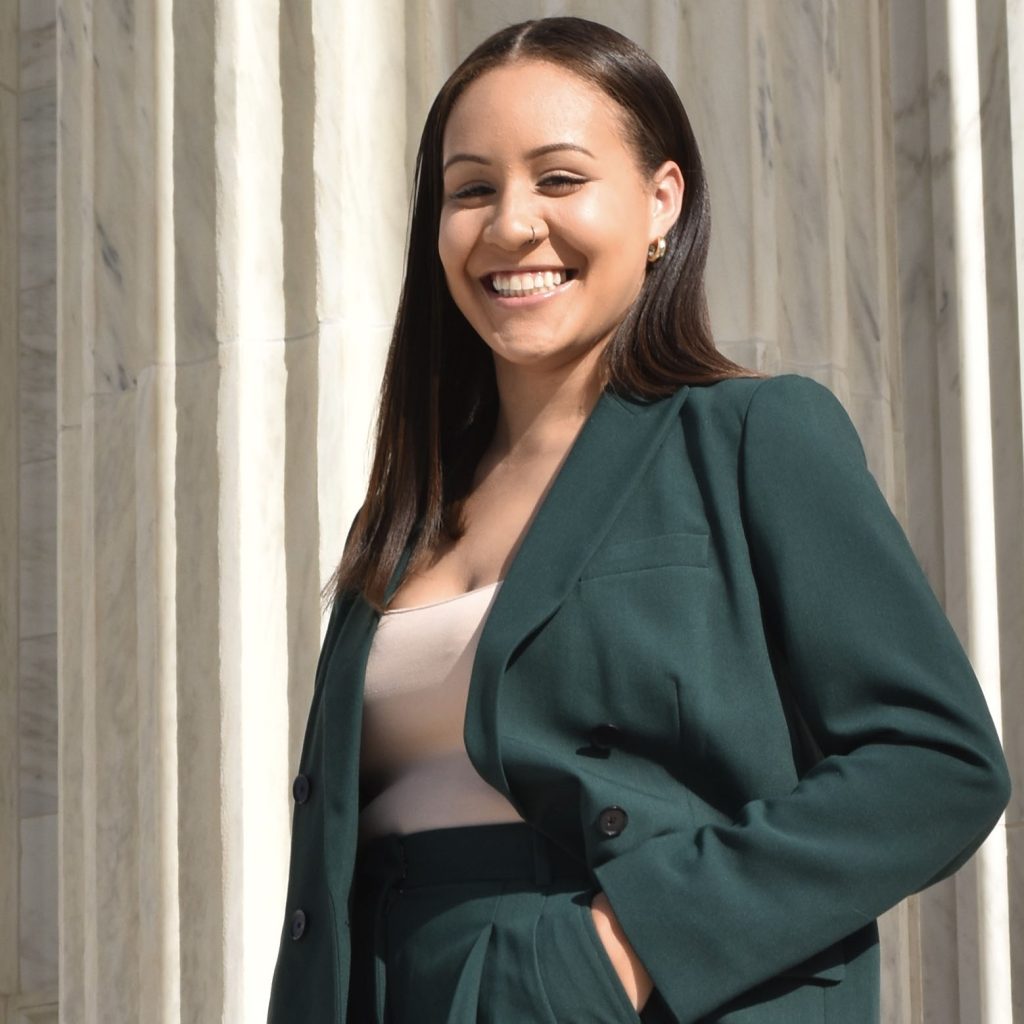 Madison Fields
Madison Fields
Madison Fields is a legal advisor at Global Health Advocacy Incubator’s Overdose Prevention Initiative, where she leads federal lobbying efforts to congressional offices on a range of substance use and overdose-related issues and provides legal counsel and technical assistance on legislation to the Overdose Prevention team. Fields recently completed a fellowship at the O’Neill Institute for National and Global Health Law at Georgetown University Law Center, where she worked on several domestic initiatives. She primarily worked on the Addiction and Public Policy Initiative, working with physicians, researchers, government officials, advocates, people with lived experience, and others to advance public policy that promotes a public health approach to substance use disorders.
Fields received her Juris Doctor from Elon University School of Law. While in law school, Fields served as a full-time resident at the ACLU of North Carolina, a legal extern for the Civil Liberties Defense Center, and a research assistant primarily focusing on public health policy and model legislation. Her work at the ACLU focused on the rights of incarcerated people, primarily on access to healthcare, as well as the rights of people arrested for protesting police violence in North Carolina. Outside of her professional experience, Fields has engaged in several social justice initiatives, including initiatives for reproductive rights, racial equity, and incarcerated persons rights. Fields was a board member of her school’s Innocence Project, and received pro bono recognition for her service.
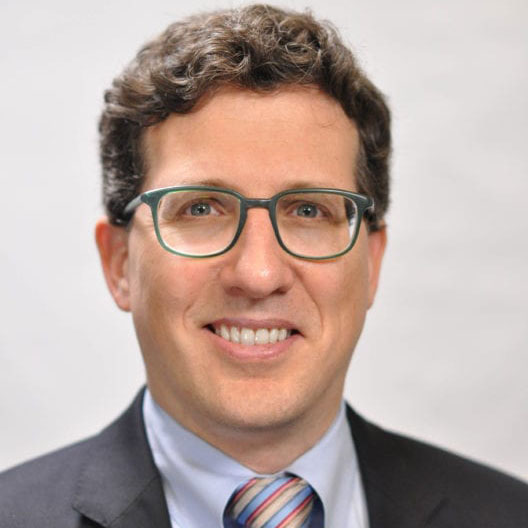 Yaniv Heled
Yaniv Heled
Yaniv Heled is a national expert on the legal and ethical aspects of biomedical technologies. He has published more than 20 academic articles and book chapters on the regulation of pharmaceutical markets, stem cell research, human reproductive tissue, and genetic sequencing and testing, among other topics. Most recently, Heled co-authored “A Theory of Genetic Dimensions in the Law,” which presents an innovative framework for assisting judges and policymakers in addressing complex legal issues involving genetic science and technology.
Heled’s current research projects examine the legal treatment of a novel statistical tool for assessing genetic risk—polygenic risk scores—in the context of human reproduction, including how judges and policymakers should approach issues involving this new technology. In another project, Professor Heled and co-authors examine the use of non-collegial and aggressive language in Supreme Court opinions and are developing an AI tool for identifying and quantifying such language.
In addition to his wide-ranging scholarship, Heled is active in various policymaking efforts in the areas of pharmaceutical regulation, access to medicines, and regulation of reproductive technologies. He has authored and joined numerous amicus briefs, administrative agency comments, and white papers on matters related to these areas, and he regularly provides advice to not-for-profits and policymakers.
Heled is on the faculty of Georgia State University’s Center for Law, Health & Society, which runs the top-ranked health law program in the United States and of the Georgia State University Center for Intellectual Property Law, of which he was the inaugural director. He teaches Patent Law, Family Law, Legislation & Regulation, Biotechnology Law, and Mental Health Law.
Prior to joining Georgia State Law, Heled practiced intellectual property law with Goodwin Procter LLP in New York. He earned a J.S.D. from Columbia University School of Law. His doctoral dissertation focused on the regulation of novel biomedical technologies. In addition, Heled holds an LL.M. from Columbia, where he was a Harlan Fiske Stone Scholar, and an LL.B. and undergraduate Diploma in Biology, magna cum laude, from Tel Aviv University.
 John Hughes
John Hughes
John Hughes is an attorney licensed to practice law in North Carolina. He has experience representing consumers in the areas of civil litigation, insurance coverage, consumer protection, predatory lending, ERISA claims, truth in lending, fair debt collection, and complex civil litigation.
Since 1995, he has been engaged in the private practice of law in North Carolina, concentrating in civil litigation. His professional affiliations, licenses and memberships include the North Carolina State Bar, American Bar Association, United States District Courts for the Eastern, Middle and Western Districts of North Carolina, and United States Court of Appeals for the Fourth Circuit.
Hughes is part of the highly regarded law firm of Wallace & Graham, P.A. This law practice is home to leading North Carolina injury lawyers individuals and families consult regarding the possibility of obtaining compensation for their physical and psychological suffering. The firm’s lawyers are experts in all aspects of personal injury law and have been recognized as accomplished North Carolina chemical exposure, defective drugs, mesothelioma and work-related injury attorneys.
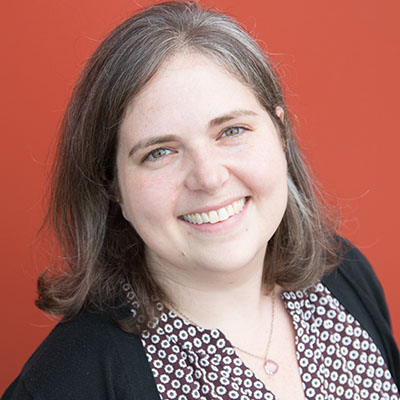 Elizabeth Kukura
Elizabeth Kukura
Elizabeth Kukura is an associate professor of law at the Drexel University Kline School of Law where her research explores the intersections of health law and gender with a particular focus on reproductive health and the law and politics of childbirth. Her scholarship examines laws and policies that impact healthcare decision-making and the role of race, class, gender, and sexuality in shaping health care access, experiences, and outcomes. Her work on obstetric violence explores the lack of legal recourse for rights violations during childbirth and the disproportionate burdens on people of color and other marginalized people within the maternity care system.
Kukura’s scholarship has appeared in such journals as the Georgetown Law Journal, the Washington & Lee Law Review, the Fordham Law Review, and the Journal of Law, Medicine & Ethics. She received her JD from New York University School of Law, where she was editor-in-chief of the NYU Review of Law & Social Change. She also holds an LLM from Temple University Beasley School of Law and an MSc in Human Rights from the London School of Economics & Political Science.
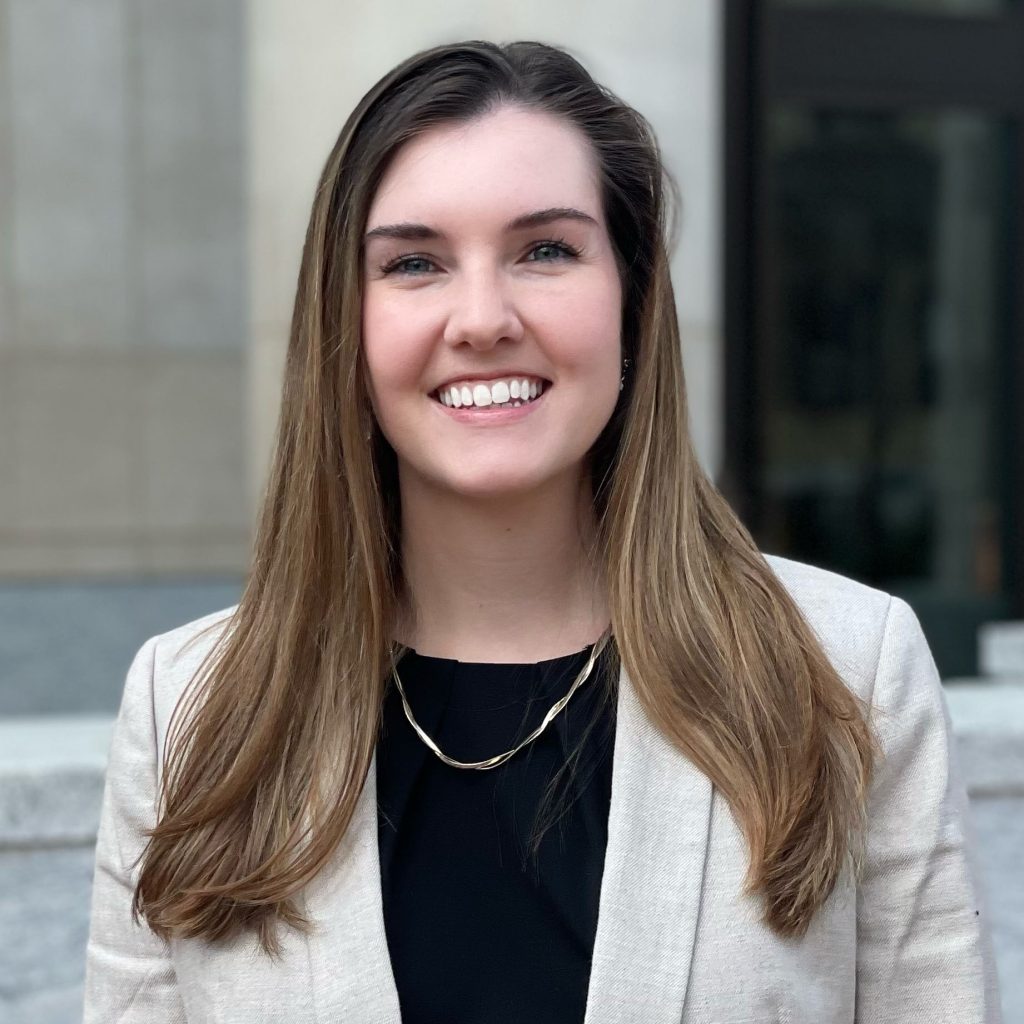 Danielle Robertson
Danielle Robertson
Danielle Robertson is an Assistant Attorney General with the South Carolina Attorney General’s Office. She is a civil litigator practicing in the consumer protection, antitrust, and charitable trust fields, and has worked on several high profile cases in state and federal court since joining the Office in 2021. She currently co-leads South Carolina’s PFAS litigation. Danielle is originally from New Mexico and holds undergraduate degrees in entrepreneurial management and political science from Texas Christian University and a J.D. from the University of South Carolina School of Law.
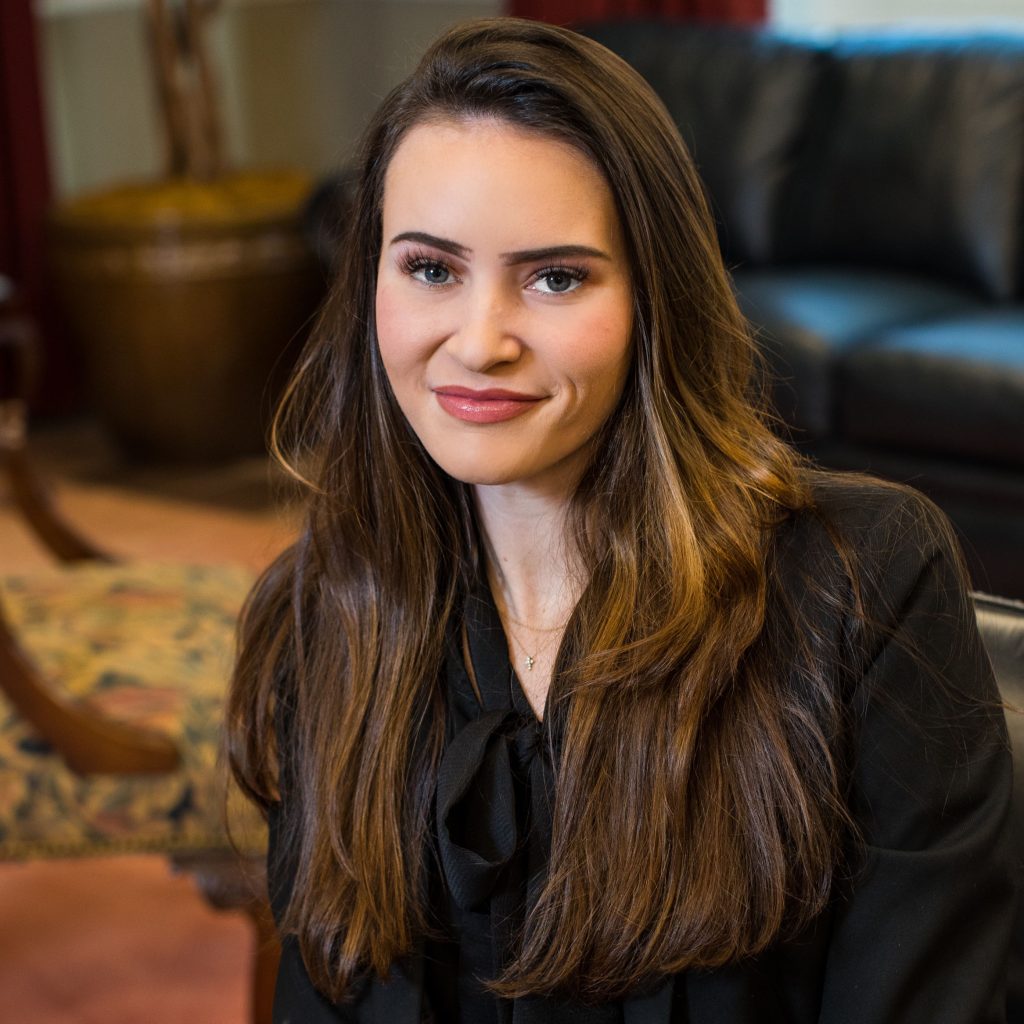 Olivia Smith
Olivia Smith
Olivia Smith is an associate attorney practicing with Wallace & Graham, P.A. Her practice areas include complex litigation and class action work, with a focus on healthcare-related litigation. Smith’s interest in healthcare stemmed from her prior experience working at a large health system in South Carolina, and then with the North Carolina Medical Board. It was through this work that she developed a passion for the complexity and intricacies of the U.S. health system. At Wallace and Graham, Smith works on the complex litigation team where she represents classes of consumers, health plans, physicians, and indirect purchasers in a variety of healthcare matters. She is passionate about data, price transparency, and healthcare reform. Smith is admitted to practice in North Carolina and the District of Columbia and is a member of the North Carolina State Bar, the Wake County Bar, North Carolina Advocates for Justice, American Association for Justice, National Trial Lawyers, Southern Trial Lawyers Association and the Public Justice Foundation.